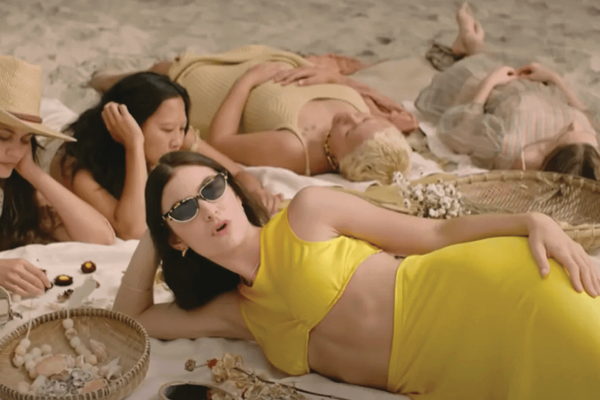“DO NOT LOOK AWAY. Do not avert your gaze. Do not turn aside.” These words met me a few weeks ago via ecologist Joanna Macy’s ever-relevant book World as Lover, World as Self. I love these words, even though their charge is not an easy one. Looking at what is, without turning away, without aversion, takes incredible strength of will, especially in a culture that banks on our inability to pay attention or handle despair. Nonetheless, for Macy, the illumination of sustainable futures is impossible without first facing our grief. Which brings me, in an extremely roundabout way, to Jane Campion’s film The Power of the Dog and Lorde’s 2021 album Solar Power.
Read the Full Article

